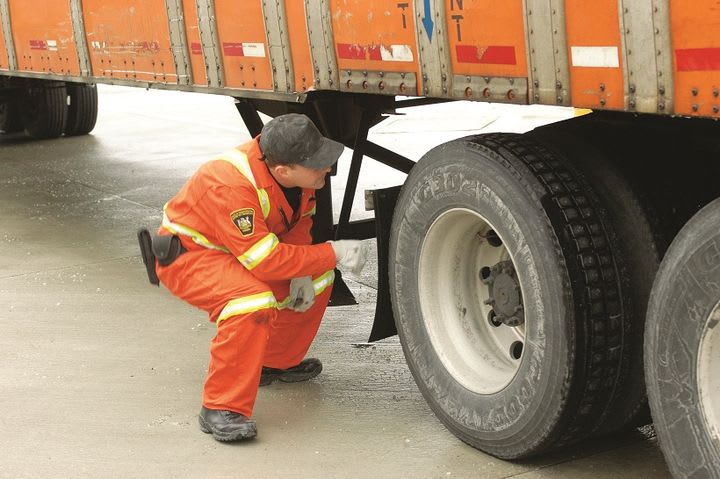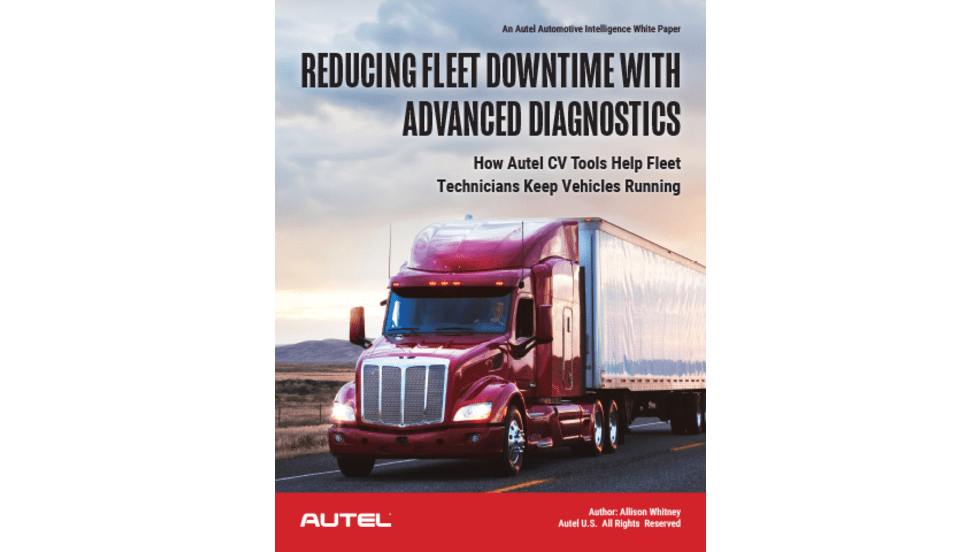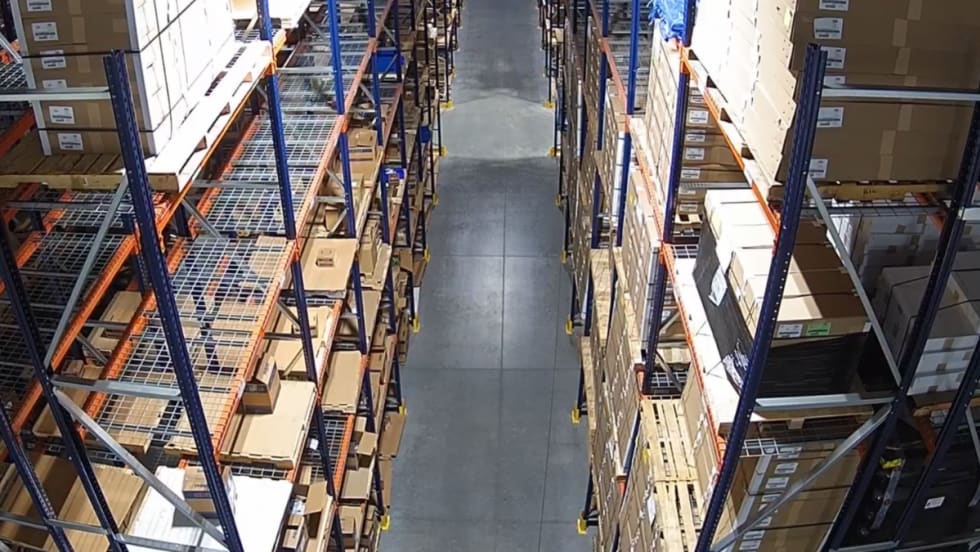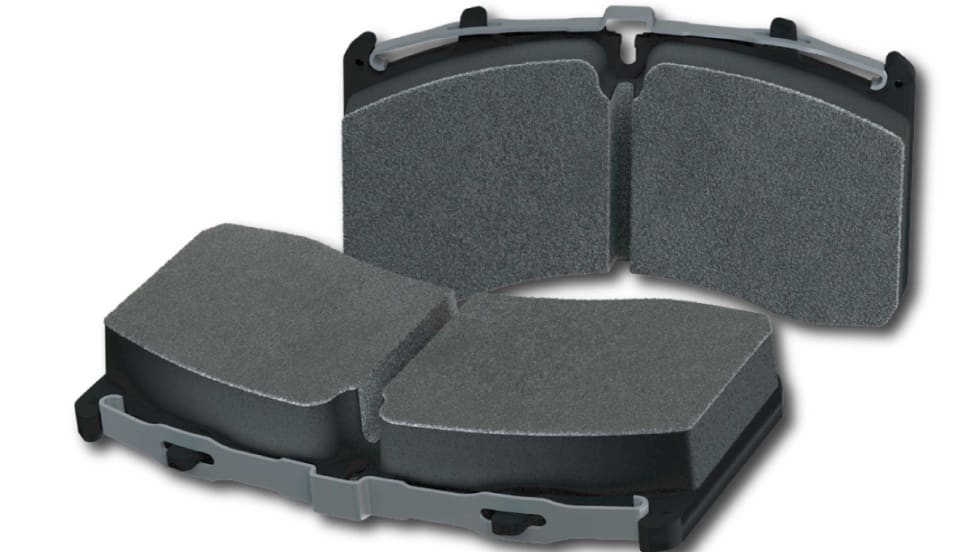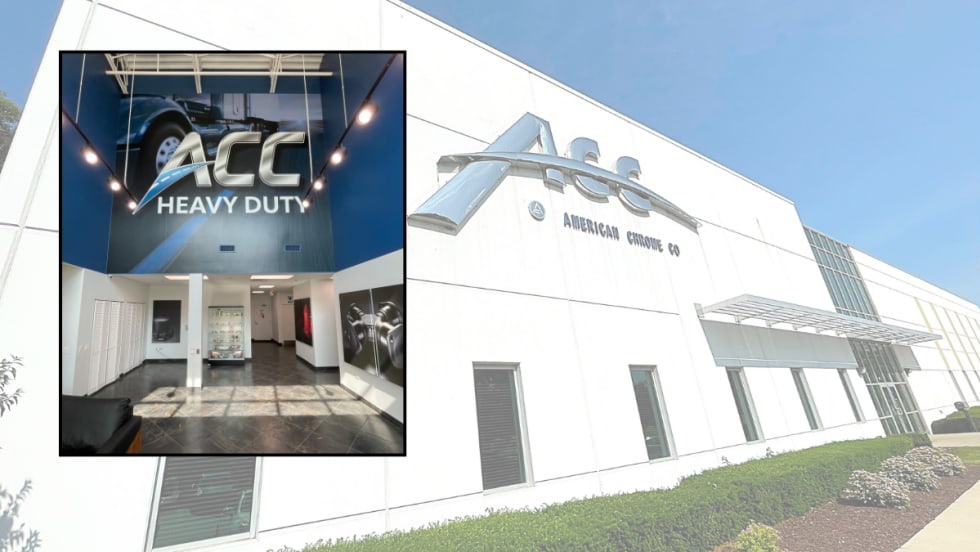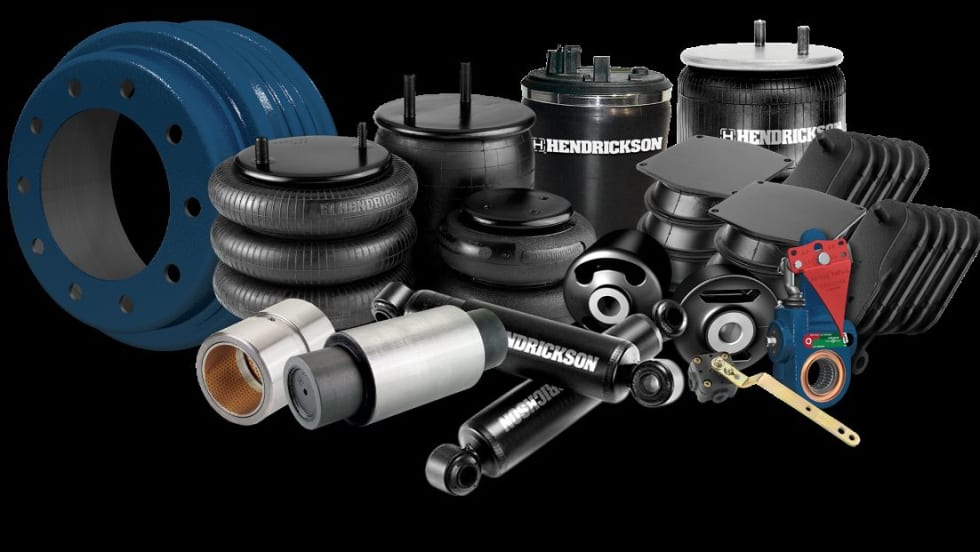The Commercial Vehicle Safety Alliance's International Roadcheck on May 16-18 will focus on antilock braking systems (ABS) and cargo securement to highlight the importance of those aspects of vehicle safety.
International Roadcheck is a high-visibility, high-volume 72-hour inspection and enforcement event where CVSA-certified inspectors in Canada, Mexico and the U.S. will conduct inspections of commercial motor vehicles and drivers at weigh/inspection stations, designated inspection areas and along roadways. During Roadcheck, inspectors will conduct their usual roadside safety inspections of commercial motor vehicles and drivers. Data will be gathered from those three days and shared later this year, as a snapshot of the state of commercial motor vehicle and driver safety.
ABS and Cargo Securement Inspection
Although ABS violations are not out-of-service violations, ABS play a critical role in reducing the risk of collisions by preventing the wheels from locking up or skidding, allowing a driver to maintain control of the vehicle while braking.
In addition, improper cargo securement poses a serious risk to drivers and other motorists by adversely affecting the vehicle’s maneuverability, or worse, causing unsecured loads to fall, resulting in traffic hazards and vehicle collisions.
How Truck Inspections Work
During a routine North American Standard Level I Inspection, inspectors focus on two areas – driver and vehicle safety compliance.
Vehicle safety – Inspectors will ensure the vehicle’s brake systems, cargo securement, coupling devices, driveline/driveshaft components, driver’s seat, fuel and exhaust systems, frames, lighting devices, steering mechanisms, suspensions, tires, wheels, rims, hubs and windshield wipers are compliant with regulations. Inspections of motorcoaches, passenger vans and other passenger-carrying vehicles also include emergency exits, seating, and electrical cables and systems in the engine and battery compartments.
Driver safety – Inspectors will check the driver’s operating credentials, hours-of-service documentation, status in the drug and alcohol clearinghouse, seat belt usage, and for alcohol and/or drug impairment.
Vehicles that successfully pass a Level I or Level V Inspection without any critical vehicle inspection item violations may receive a CVSA decal, which is valid for three months.
If the inspector does identify critical vehicle inspection item violations, as outlined in the North American Standard Out-of-Service Criteria, the vehicle will be restricted from operating until the identified out-of-service conditions have been corrected.
Inspectors may also restrict the driver from operating if the driver is found to have driver out-of-service violations, such as not possessing a valid or necessary operating license or exhibiting signs of impairment.
CVSA’s law enforcement member jurisdictions in cities, states, districts, provinces and territories in Canada, Mexico and the U.S. participate in International Roadcheck with support from trucking associations, transportation safety organizations and federal agencies, such as the Federal Motor Carrier Safety Administration, Transport Canada and Mexico’s Ministry of Infrastructure, Communications and Transportation.




